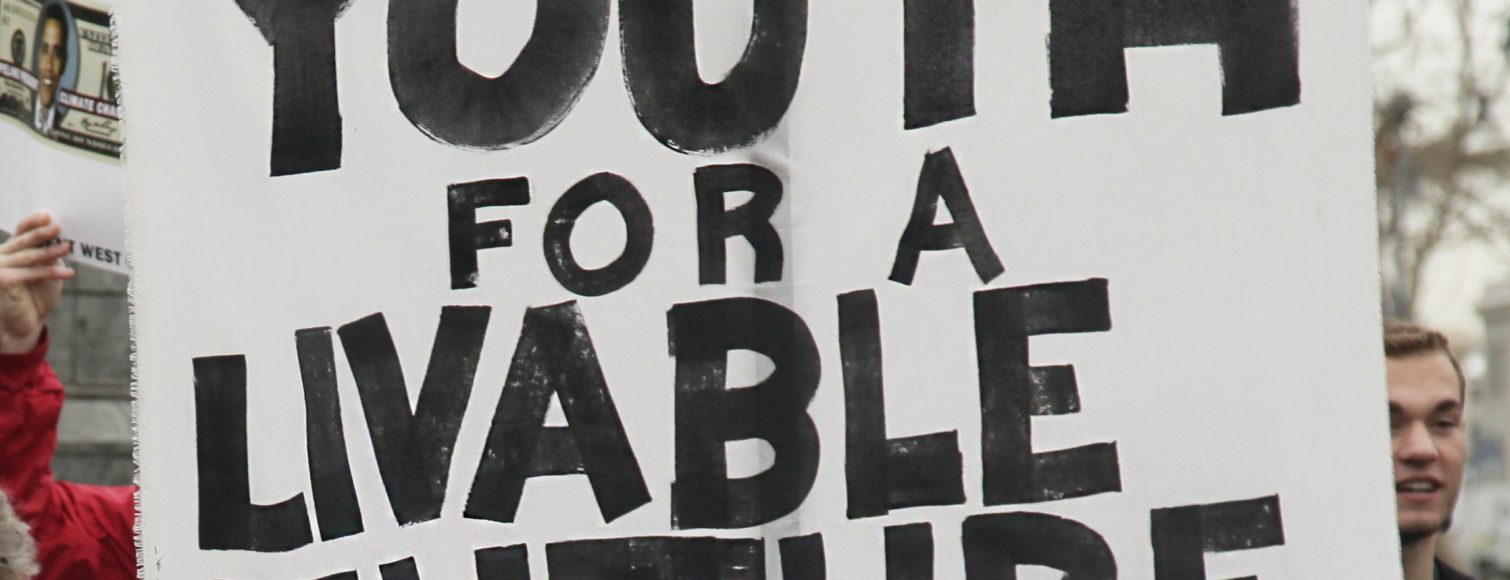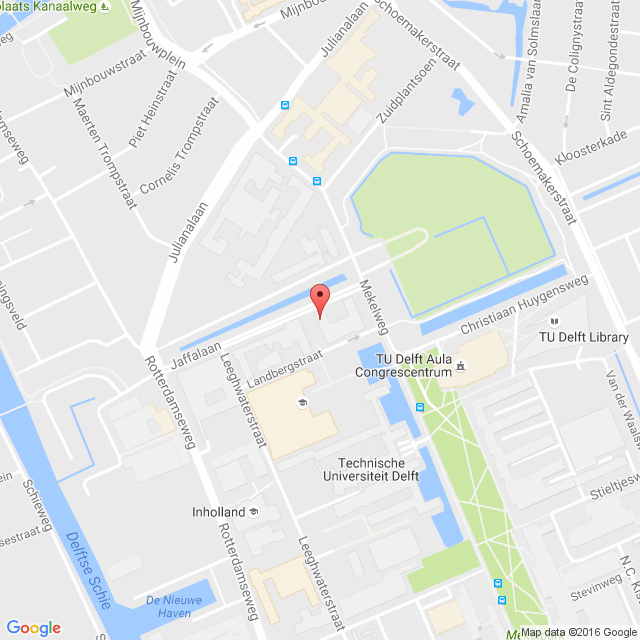Recording: Justice and Climate Change
How can we break the political stalemate over climate action?
A key reason for the lack of international climate action is a political stalemate about justice: how should we share the economic burdens associated with cutting greenhouse gases internationally? There are generally two ways for this. The first approach argues that it is previous stocks of greenhouse gas emissions that have contributed to the wealth of industrialized nations. Fairness would require, as the argument goes, to allocate more carbon emission rights to emerging economies in order to allowing them to advance to a level of well-being more comparable with the rest of the world. Conversely, some countries in the industrialized world utilize a second approach asserting that it is simply not fair if they bear significantly higher emission cut burdens, while fast growing emerging economies like China and India keep polluting. In this approach, which countries like Australia and Canada most exemplify, fairness would require significant, reciprocal cuts by developing countries. In this talk, we will focus on the question as to how to break this political stalemate. Two possibilities will be discussed, namely i) holding national states responsible for this lack of action, as it was demonstrated by the grassroots Urgenda climate case in the Netherlands and ii) in lieu of legal enforcement, adopting a naming and shaming strategy.
Behnam Taebi is an Assistant Professor of philosophy at Delft University of Technology, and a Research Fellow at Harvard Kennedy School’s Belfer Center for Science and International Affairs. His research interests are in energy ethics, responsible innovation and nuclear ethics. He studied Material Science and Engineering (2006) and received his Ph.D. in Philosophy of Technology (2010).


